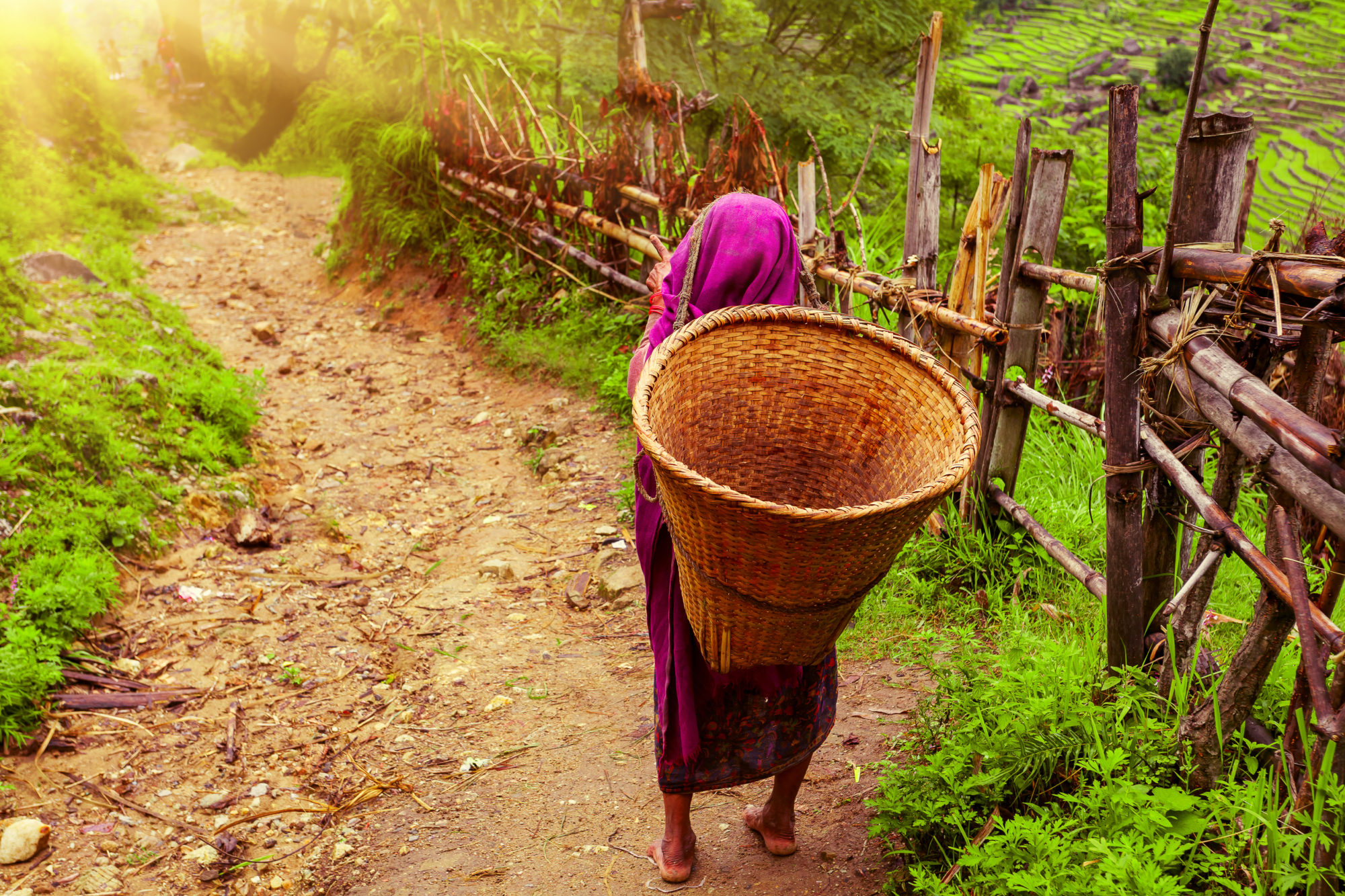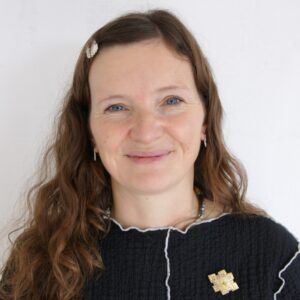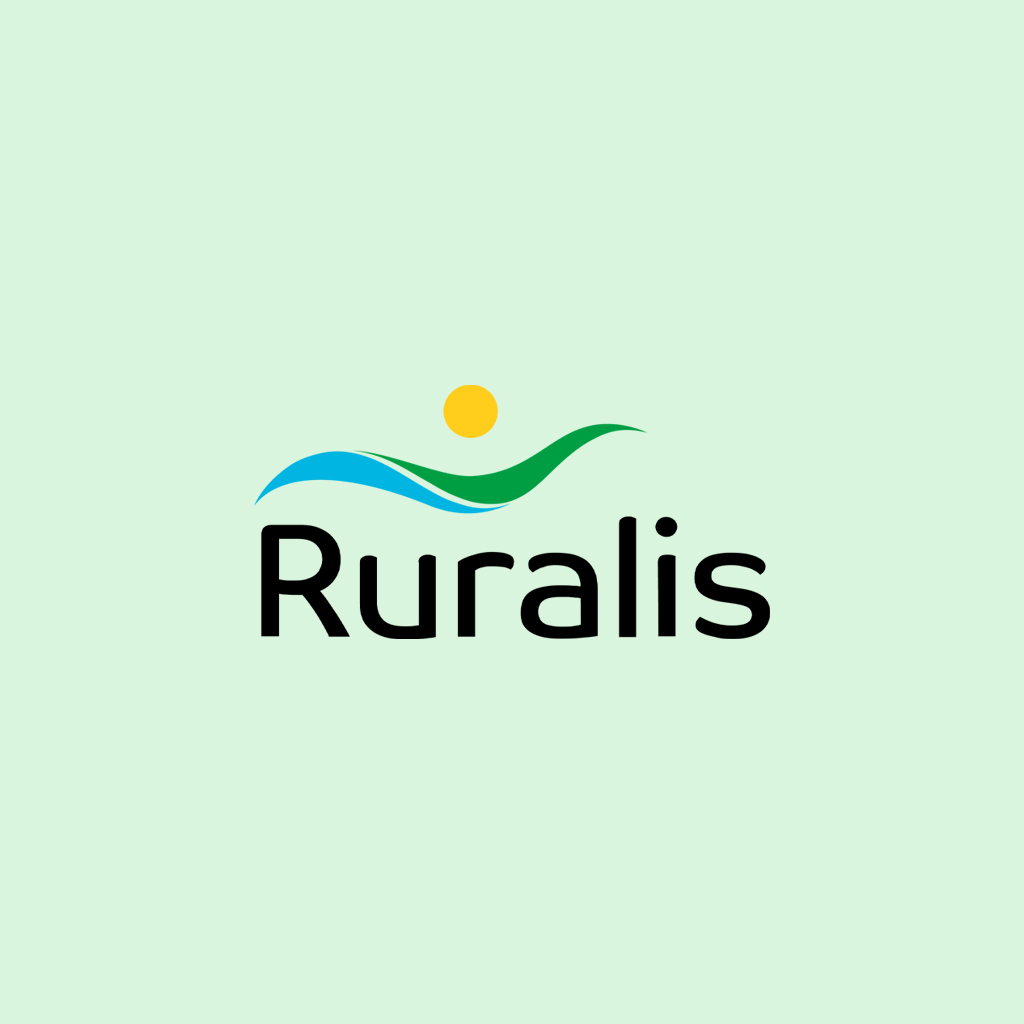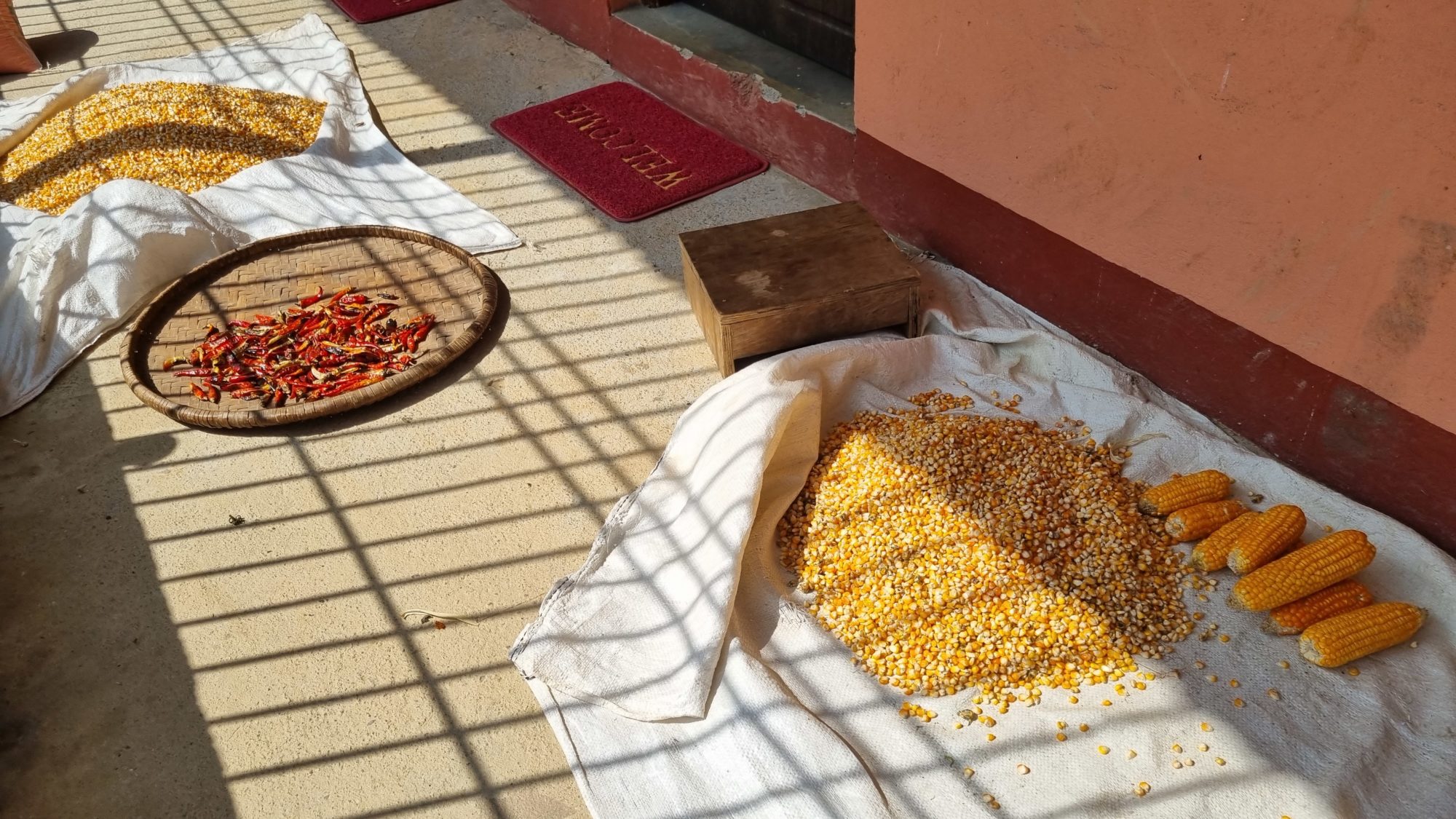SolarFood: Reducing post-harvest losses through improved solar drying
SolarFood aims to develop improved solar dryers for crop drying.

The dryers should, have short drying time, be produced locally and be socially accepted by the smallholder farmers in Bhutan and Nepal. Solar drying, with its potential of preserving food in an environmental friendly way, is a much needed technology since agriculture is the main source of income for approximately 65 % of the population in these countries. Today a relatively large fraction of the produced crops is ruined before it is consumed. Poor drying technique leads to mold and fungi attacks on the crops. Additionally, poor drying technique leads to low quality product that pays little on the export market. For these reasons an improved drying technique could lead to less food waste andincreased revenue for the farmers due to higher market prices for the crops. However, introducing a new technology for rural farmers cannot be done in a social vacuum. Old traditions and social factors such as gender structures and food preferences are important to understand. Such underlying socio-cultural factors will be studied in this project. The project aims to develop solar drying technology co-produced with farmers by applying a participatory research approach.
Project details
External project coordinator
Project period
01/09/2021 - 31/12/2025
Collaboration partners
Lund University, Royal University of Bhutan, Kathmandu University
Financing
Vetenskapsrådet Sverige
News
Better drying techniques can reduce food waste
In the two Asian mountain countries of Nepal and Bhutan, large parts of the population live outside cities,…
Publications
- Report
2022
Contact us
Would you like to get in touch with us?
Fill in the form below and we will answer you as soon as possible.


